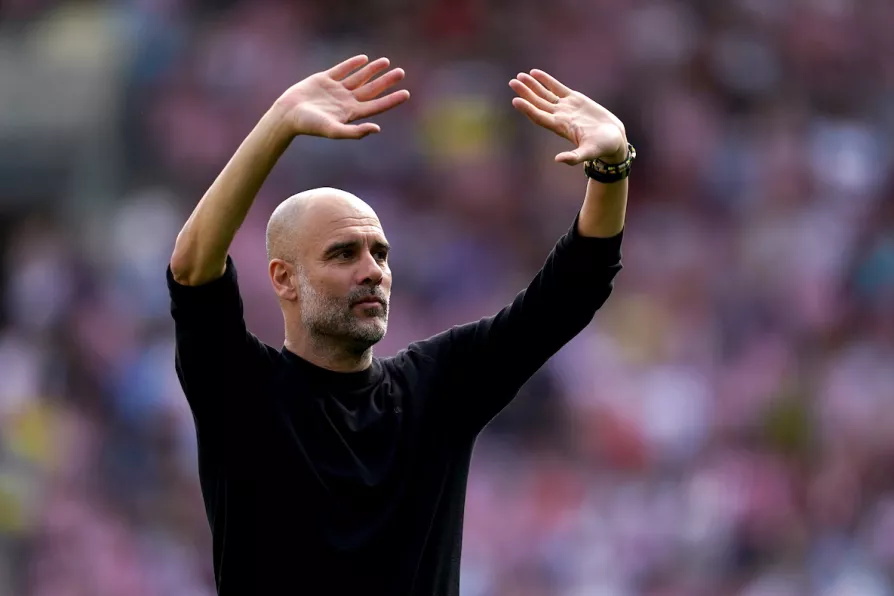
 Manchester City manager Pep Guardiola following the Premier League match at the Gtech Community Stadium, London. Picture date: Sunday May 28, 2023.
Manchester City manager Pep Guardiola following the Premier League match at the Gtech Community Stadium, London. Picture date: Sunday May 28, 2023.
WHEN so much of top-level football is no longer about the pastime itself, it can be difficult for the game of association football to seep through, especially when said game is at the top level of that top level in the Uefa Champions League final.
But despite the issues surrounding their club and others, including Saturday’s opponents Internazionale, Manchester City, thanks in big part to Pep Guardiola, are still ultimately moving the needle in a football sense: still managing to influence it as a pastime in a world where the sport is now one of global capitalism’s political and economic tools.
Of course, styles of football themselves are part of the “product” that football has become. The trite marketing spiel from many organisations will contain lines about having an attacking football philosophy along with some myth about the game being played the “right way.”













